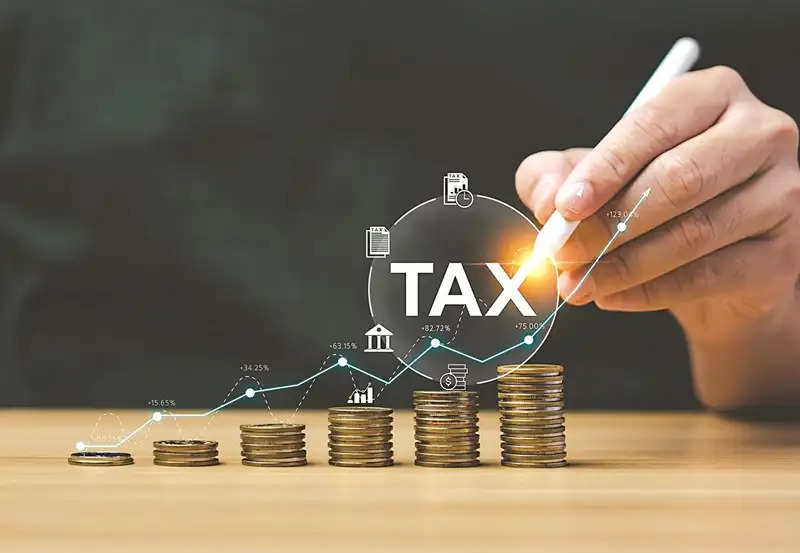Income Tax Rules: How much tax will have to be paid on the income earned from FD, know the rules of Income Tax..

Many people can also earn from fixed deposit i.e. FD. In such a situation, hardly anyone would know the rules regarding income tax on the interest earned from it. Do you know that interest earnings on FD are fully taxable? No? Let us tell you, that the interest received on FD is added to your total income, and tax is calculated on your total income at the applicable slab rates. It is shown in your Income Tax Return (ITR) under the Income from Other Sources head. After that, the Income Tax Department deducts tax on it. But if you want, you can easily save this deduction.

Rs 147.50 being deducted from SBI customers' account, the bank explains the reason
Let us first know when and how much tax the bank deducts. If you are not a senior citizen and have taken FD as a normal account holder and the interest amount is more than Rs 40,000, then the bank deducts tax at source while crediting the interest in your account. Whereas in the case of senior citizens this limit is Rs 50,000. If a senior citizen earns interest up to Rs 50,000 on FD, the Income Tax Department will not deduct any tax. The interest earnings after this will be fully taxable.
If you have an FD for 3 years, the bank will deduct TDS on the last of every year. When the FD matures, the depositor gets both interest and principal. Additionally, FDs up to Rs 5 lakh are insured by DIGCI. If the bank collapses, the depositor will definitely get Rs 5 lakh as a guarantee from DGCI.
This is how tax is calculated on FD
The income from FD is added to your total income every year in the income tax return. Even if you do not get interest money that year and the bank gives you the money by adding it together on the maturity of the FD, you will have to show it in ITR every year. Banks deduct TDS on your interest which is later adjusted by the Income Tax Department.
Understand tax calculation on FD like this
Suppose a person named Suresh comes in a 20% tax slab. He has 2 FDs of Rs 1,00,000 each for 3 years at 6% annual interest. In the first year, Sunil's interest income from each FD is Rs 6,000. Therefore, the total interest received in the first year will be Rs 12,000. This money is less than the limit of Rs 40,000, so the bank will not deduct TDS.

It can also be understood that Anurag has a fixed deposit of Rs 10 lakh at the rate of 6% annual interest rate. He gets an interest of Rs 60,000 annually. The bank will deduct TDS on the entire Rs 60,000 at 10% i.e. Rs 6000. Here the fixed rate of TDS will be 10%.
PC Social media
